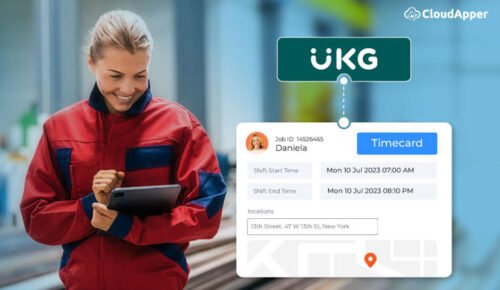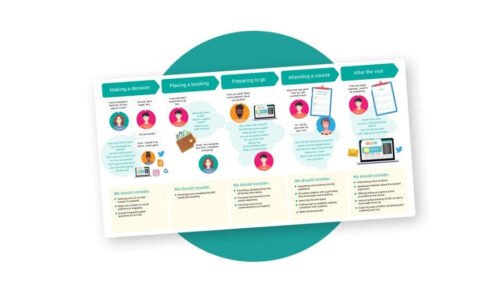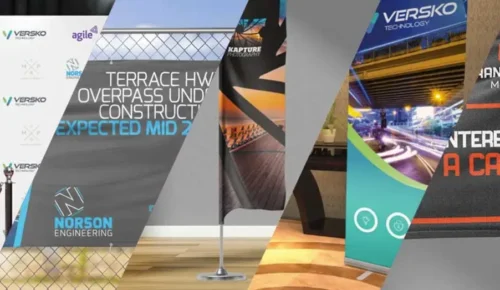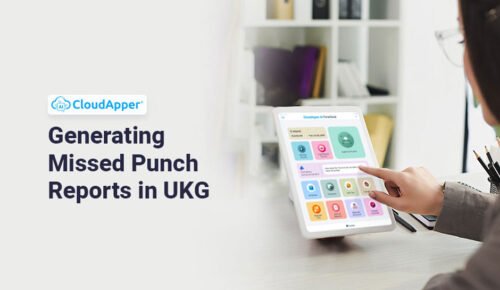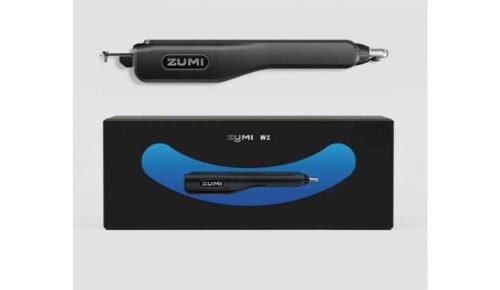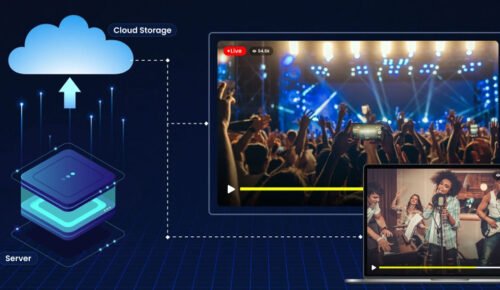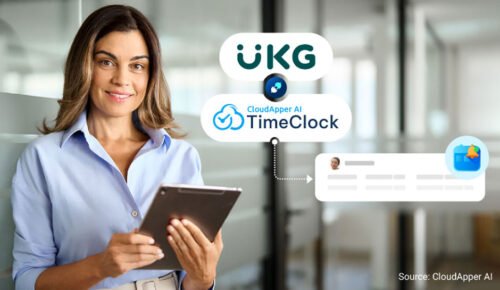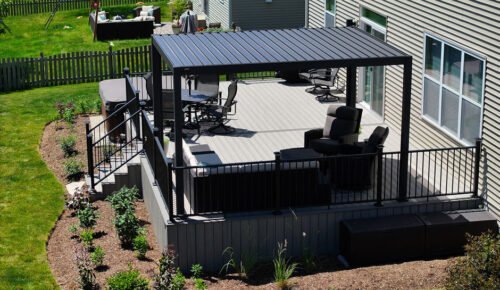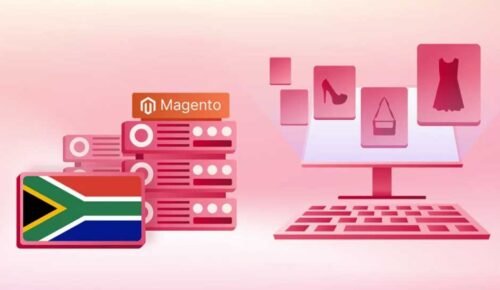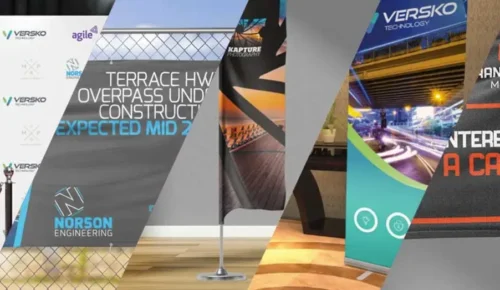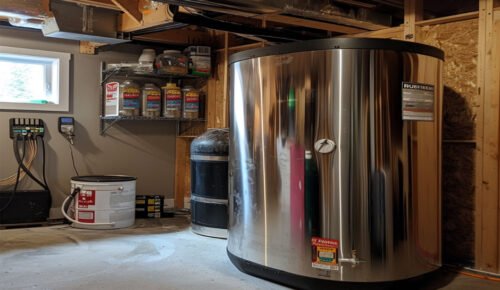For many prospective homebuyers, traditional mortgage qualification can be a daunting process, particularly when it comes to proving income. Self-employed individuals, freelancers, or those with irregular income streams often face significant challenges when trying to secure a mortgage through conventional means. Fortunately, there’s an alternative route: Non-Qualified Mortgage (Non-QM) loans. These loans offer a solution for those who may not meet the strict criteria of traditional mortgages.
Understanding Non-QM Loans
Non-QM loans are designed for borrowers who cannot—or choose not to—meet the stringent requirements set by traditional Qualified Mortgage (QM) loans. While QM loans require full documentation of income, credit, and assets, Non-QM loans offer more flexibility, allowing for alternative methods of income verification or, in some cases, no income verification at all.
Key Features of Non-QM Loans
- Flexible Income Verification: Non-QM loans do not require standard income documentation such as W-2s or tax returns. Instead, lenders might use bank statements, asset depletion, or even rental income to qualify borrowers.
- Higher Debt-to-Income Ratios: Non-QM loans often allow for higher debt-to-income (DTI) ratios, making them accessible to those with significant debt but also substantial income or assets.
- Varied Loan Terms: These loans can include options like interest-only payments, longer loan terms, and adjustable-rate mortgages, offering more flexibility to suit diverse financial situations.
Who Can Benefit from No Income Verification Loans?
Self-Employed Individuals
Self-employed borrowers often have difficulty qualifying for traditional mortgages because their income may fluctuate or they may take significant deductions on their taxes. Non-QM loans allow these borrowers to qualify using alternative documentation like bank statements.
Investors and Real Estate Professionals
Real estate investors or professionals with multiple properties may find Non-QM loans advantageous. These loans can be based on the cash flow generated by the properties rather than the borrower’s personal income.
Retirees and High-Net-Worth Individuals
For retirees or high-net-worth individuals who may not have a regular income stream but have substantial assets, Non-QM loans can be based on their overall financial profile rather than just income.
Borrowers with Unique Income Sources
People with unique income sources, such as commissions, bonuses, or rental income, might find traditional loans restrictive. Non-QM loans provide the flexibility to use these varied income sources in the qualification process.
Advantages of Non-QM Loans
No Income Verification
The most significant advantage of Non-QM loans is the ability to qualify without the traditional income verification process. This opens the door for borrowers who would otherwise be excluded from the mortgage market due to the structure of their income.
Faster Approval Process
Because Non-QM loans do not require the extensive documentation that traditional loans do, the approval process can be faster, which is crucial in competitive real estate markets.
Access to Larger Loan Amounts
Non-QM loans often allow for larger loan amounts, making them ideal for those purchasing high-value properties or investing in multiple properties.
Customizable Loan Terms
Non-QM loans offer customizable terms, such as interest-only payments or extended loan periods, providing flexibility for borrowers to tailor the loan to their financial situation.
Potential Drawbacks to Consider
Higher Interest Rates
Non-QM loans typically come with higher interest rates compared to conventional loans. This is because the lender is taking on more risk by offering a loan without traditional income verification.
Larger Down Payment
Borrowers might be required to make a larger down payment, often around 20% or more, depending on the lender’s requirements.
Limited Lender Availability
Not all lenders offer Non-QM loans, so it may take more time to find a lender who does, especially one who offers competitive terms.
Potential for Higher Fees
Due to the increased risk, some Non-QM loans may come with higher fees and closing costs. It’s essential to understand these costs upfront to avoid surprises.
How to Qualify for a No Income Verification Loan
Assess Your Financial Situation
Before applying for a Non-QM loan, assess your overall financial situation. Consider your credit score, available assets, and the stability of your income sources. These factors will play a significant role in determining your eligibility.
Gather Alternative Documentation
Although Non-QM loans do not require traditional income verification, you will still need to provide alternative documentation. This might include bank statements, proof of assets, or a business profit-and-loss statement.
Choose the Right Lender
Not all lenders offer Non-QM loans, so it’s important to shop around. Look for lenders who specialize in Non-QM loans and can offer competitive rates and terms that fit your financial situation.
Understand the Loan Terms
Carefully review the terms of the loan, including the interest rate, repayment schedule, and any associated fees. Ensure that the loan terms align with your long-term financial goals.
Conclusion
Non-QM loans offer a viable path to homeownership for those who might not meet the strict criteria of traditional mortgage loans. By providing flexibility in income verification and loan terms, Non-QM loans open the door to a broader range of borrowers, including the self-employed, investors, retirees, and those with unique income sources.
If you’re considering purchasing a home or refinancing and want to explore options outside the traditional mortgage framework, avoid standard mortgage guidelines with new non-QM program. With the right approach and a thorough understanding of your financial situation, qualifying for a mortgage without income verification could be the key to securing your dream property.




